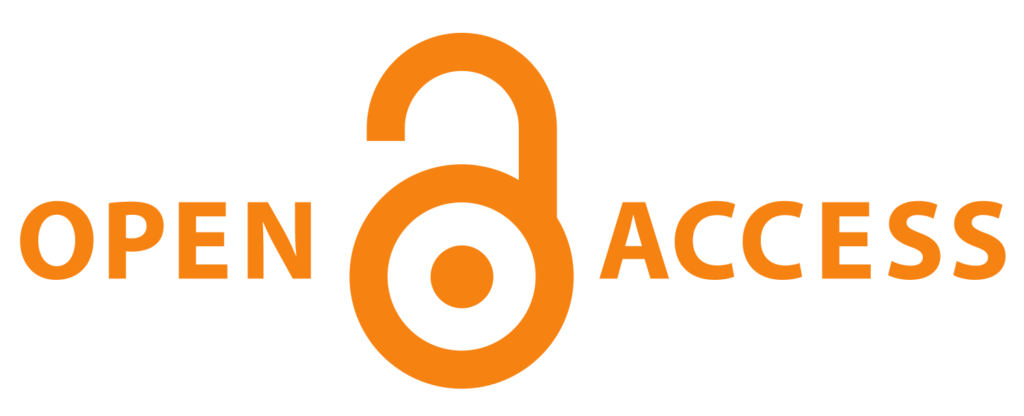
This week we discussed the tricky topic of Open Access in academia. As a young scholar I find myself in a position of seeing the challenges of both sides of this “issue.” On the one hand I can see where as a precarious young scholar, making my work widely available could lead to others easily taking my ideas, not being recognized as more prestigious as one with paywall-protected journal publications would be, and prematurely having to share ideas at earlier stages in my development that might not align with later ideas and works. However, I think these are small concerns in the grand scheme of institutional knowledge. I am a firm believer that knowledge should not be commodified and held captive to privilege audiences as often takes place in academic institutions. The capitalization of academia is creating knowledge as a form of currency where only limited numbers of people have access. This is deeply problematic and a pervasive structure in the US against which I stand. I am currently in a Philosophy of Science course that focuses on the commercialization of science and its worrisome tendencies, especially with patent law. As I move through this class I have come to be deeply skeptical of patenting because this has seriously detrimental effects on actual human lives (as in the case of the patent of AIDS medication that keeps the cost so high that people around the world who are unable to pay are dying at unnecessarily high rates.) Patents hold a level of prestige, and the argument is that they motivate innovation; I think this is acting in a similar fashion to the structuring of “un-open inaccessibility” in that there is an idea about paywall journals and publications motivate high levels of research and knowledge production. I think patents do more harm than good and that they are not necessary for innovation; in a similar sense, I think restricting access does more harm than good and is not necessary for prestige, rigor, and intellectual innovation.
Furthermore, on a global level, restricting access to knowledge is a form of epistemic violence. Communities all over the world I believe have the right to knowledges and histories that are preserved through institutions but often not made accessible. The United States has a plethora of resources for research; thus, I think we are responsible to at least share the fruits of these resources by sharing the knowledge crafted and curated. I’m trying to refrain from going on an anti-capitalist, anti-colonial global pedagogy, socialist-fueled tirade so I will end here by saying I fully support Open Access. This is not an issue of academics, but of ethics, of global responsibility, reparations, and reciprocity.